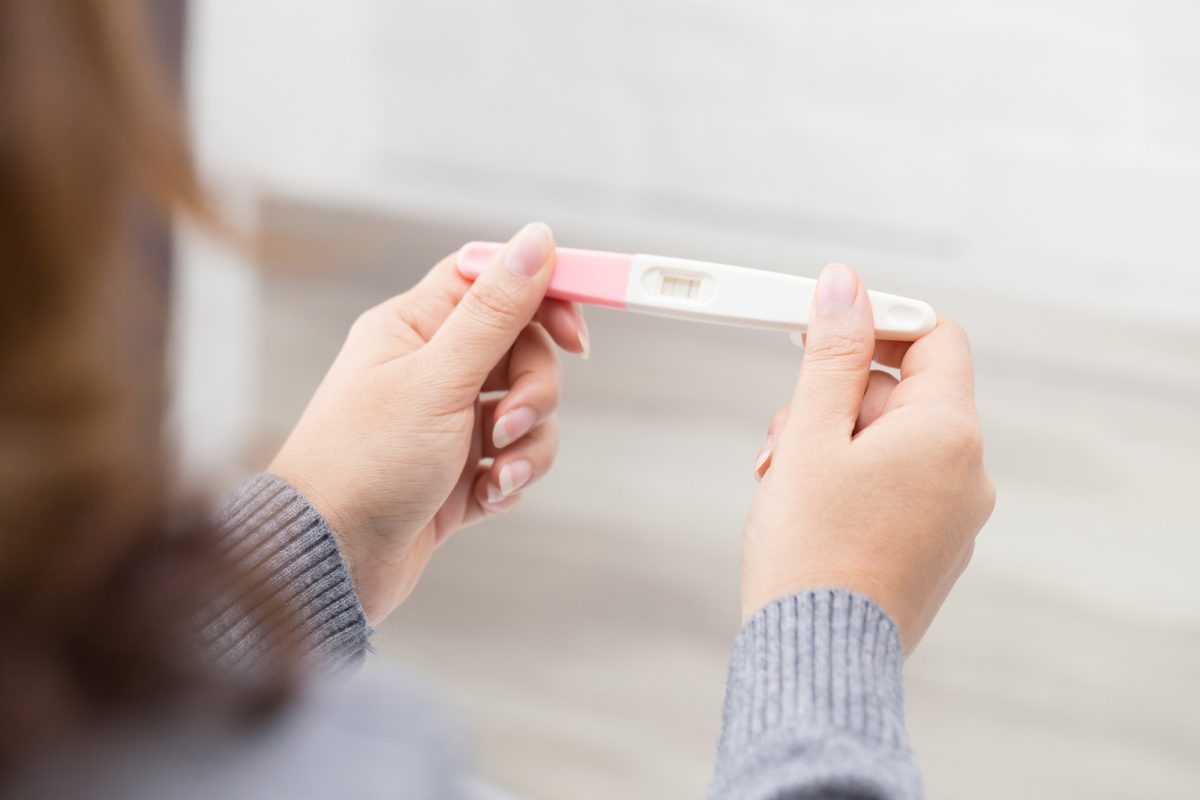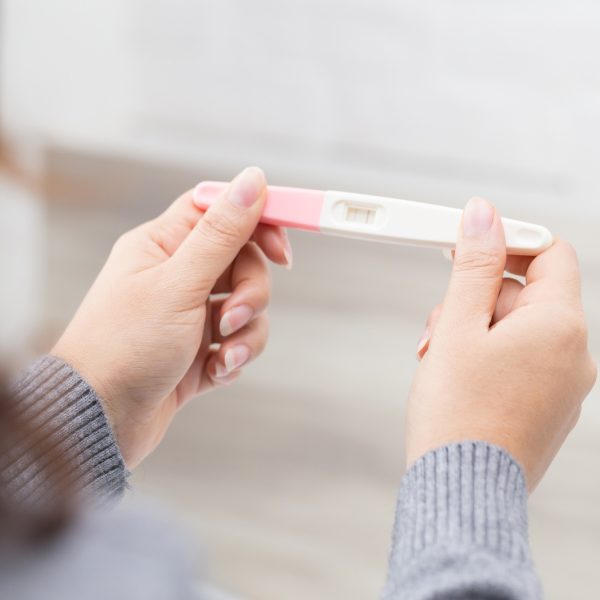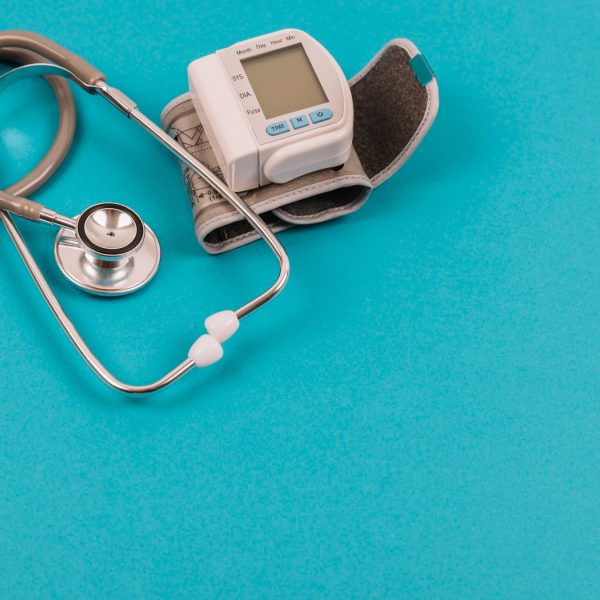Are you planning to start a family but worried about how your diabetes will affect your pregnancy? Don’t fret! With proper preparation, you can enjoy a healthy and successful pregnancy. In this post, we’ll cover the ten essential steps that every woman with diabetes should take before trying to conceive. From optimizing blood sugar levels to consulting with healthcare providers, we’ve got you covered. So let’s dive in and get ready for the journey ahead!
What is Diabetes and Its Impact on Pregnancy?
If you have diabetes, you may think that getting pregnant is out of the question. But with proper planning and care, you can have a healthy pregnancy.
Diabetes is a condition in which your body cannot properly use or store sugar. There are two main types of diabetes: type 1 and type 2. Type 1 diabetes is usually diagnosed in children, while type 2 diabetes is more common in adults. If you have diabetes, your body either doesn’t make enough insulin or can’t use its own insulin as well as it should. Insulin is a hormone that helps your body turn sugar into energy.
Having diabetes during pregnancy can pose serious health risks for both you and your baby. If your blood sugar isn’t well controlled during pregnancy, you may be at increased risk for complications such as pre-eclampsia (a condition characterized by high blood pressure and protein in the urine), gestational diabetes (high blood sugar that develops during pregnancy), and premature birth. uncontrolled blood sugar can also lead to large babies, which can increase the risk for certain injuries during delivery.
Fortunately, there are steps you can take to help control your blood sugar and reduce your risk of complications. If you’re planning on getting pregnant, talk to your doctor about how to best manage your diabetes before conception and throughout pregnancy. In addition to medications, eating a healthy diet and maintaining a healthy weight is essential for managing diabetes and reducing the risks associated with

Understanding Your Blood Sugar Levels
If you’re living with diabetes and are hoping to conceive, it’s essential that you get your blood sugar levels under control before trying to get pregnant. Here’s a look at what you need to know about your blood sugar levels and how to manage them before conception.
Your blood sugar levels are affected by numerous factors, including the food you eat, the amount of physical activity you do, and your stress levels. That’s why it’s so important to monitor your blood sugar levels closely if you’re hoping to get pregnant.
There are a few different ways to monitor your blood sugar levels. The most common method is to use a glucose meter, which measures the amount of sugar in your blood. You can also use a continuous glucose monitor, which is a device that is worn under your skin and provides real-time data on your blood sugar levels.
It’s important to keep track of not only your overall blood sugar levels but also how they fluctuate throughout the day. You may need to test several times per day, depending on how well-controlled your diabetes is.
If your blood sugar levels are consistently high, it can be difficult to conceive. That’s because high blood sugar levels can damage the eggs and sperm, making it more difficult for them to fertilize or implant in the uterus. Additionally, high blood sugar levels can lead to complications during pregnancy, such as pre-eclampsia and gestational diabetes.
Fortunately, there are treatments
Preconception Care with an Endocrinologist
If you have diabetes, it’s essential to work with an endocrinologist to get your blood sugar levels under control before you try to conceive. This will help reduce the risk of complications during pregnancy.
Your endocrinologist can help you develop a preconception care plan that includes:
-Achieving and maintaining optimal blood sugar levels
-Controlling other diabetes-related health conditions, such as high blood pressure and cholesterol
-Taking steps to prevent or delay complications, such as diabetic nephropathy and retinopathy
Ideally, you should start working with an endocrinologist at least six months before you start trying to conceive. This will give you ample time to get your health on track before conception.
Consultation with a Nutritionist
If you have diabetes and are hoping to conceive, it’s essential to consult with a nutritionist before trying. A nutritionist can help you develop a meal plan that will keep your blood sugar levels in check and ensure you’re getting the nutrients you need for a healthy pregnancy.
Your nutritionist may also recommend supplements to help you reach your nutrient goals. For example, folic acid is an important nutrient for pregnant women, and diabetics may need to take a higher dose than non-diabetics.
If you’re unsure where to find a qualified nutritionist, your doctor or diabetes educator can help you get started.
Prepare Yourself Physically and Mentally For Pregnancy
If you have diabetes and are thinking about starting a family, there are some important steps you need to take before trying to conceive. Taking care of your health before and during pregnancy is essential for both you and your baby.
Talk to your doctor: Before you start trying to conceive, be sure to talk to your doctor about your plans. They can help you manage your diabetes and ensure a healthy pregnancy.
Prepare yourself physically and mentally: Pregnancy is a big physical and mental challenge, so it’s important to be as prepared as possible. This means getting in the best shape you can, both physically and mentally.
Make sure your blood sugar is under control: It’s important to get your blood sugar levels under control before you get pregnant. High blood sugar levels can cause problems for both you and your baby during pregnancy.
Eat a healthy diet: Eating a healthy diet is important for everyone, but it’s especially important if you have diabetes. A healthy diet will help keep your blood sugar levels under control.
Get regular exercise: Exercise is important for everyone, but it’s especially important if you have diabetes. Exercise can help lower your blood sugar levels.
Managing High Blood Pressure
If you have diabetes, it’s essential to get your blood sugar levels under control before trying to conceive. Having high blood sugar can cause problems for both you and your baby during pregnancy.
The first step is to meet with your healthcare team to develop a plan for managing your diabetes before and during pregnancy. This plan should include:
• A target blood sugar range before and during pregnancy
• Regular check-ups with your healthcare team
• Adjustments to your diabetes medication as needed
• A healthy diet plan that includes regular meals and snacks spaced evenly throughout the day
• An exercise plan that is safe for both you and your baby
Taking Folic Acid Supplements
If you’re like most women, you probably know that folic acid is important for a healthy pregnancy. But did you know that taking folic acid supplements before you conceive can help reduce your risk of having a baby with certain birth defects?
If you have diabetes, taking a folic acid supplement before you conceive is especially important. That’s because women with diabetes are at an increased risk of having a baby with a neural tube defect.
So what exactly is a neural tube defect? It’s a type of birth defect that affects the developing nervous system. The most common type is called spina bifida, which occurs when the spinal cord doesn’t develop properly.
Folic acid is a water-soluble vitamin that’s found in leafy green vegetables, legumes, nuts, and fortified foods. The body needs folic acid to make new cells, and it plays a particularly important role in early embryonic development.
Most women need 400 micrograms (mcg) of folate (the natural form of folic acid) per day. If you have diabetes, your healthcare provider may recommend that you take a higher dose of folic acid – up to 800 mcg per day.
You can get folic acid from foods or supplements. If you’re thinking about getting pregnant, it’s important to start taking a supplement at least one month before conception. You can continue taking it during pregnancy and for at least the first three
Mental Health Support
If you have diabetes, it’s essential to get your mental health in check before trying to conceive. This means working with a therapist or counselor to manage any anxiety or depression you may be feeling.
It’s also important to develop a support system of friends or family members who can help you stay on track with your diabetes management. This can be especially helpful during pregnancy when managing diabetes can be more challenging.
Regular Exercise During the Preconception Period
If you have diabetes and are planning to start a family, there are some important steps you need to take before trying to conceive. One of the most important is to make sure you are getting regular exercise.
Exercise can help control your blood sugar levels and improve your insulin sensitivity. It can also help reduce stress and improve your overall health. All of these things are important when you are trying to conceive with diabetes.
Talk to your doctor about how much exercise is right for you. They can help you create a safe and effective exercise plan that will help improve your chances of conceiving.
Getting Vaccinations Before Conception
Before trying to conceive, it’s important to get certain vaccinations. These will help protect you and your baby from diseases that could be harmful, or even deadly.
Your healthcare provider can recommend which vaccines are right for you, based on your individual medical history and risk factors. However, there are a few vaccines that are generally recommended for all women of childbearing age, including those with diabetes.
The flu vaccine is one of the most important vaccines to get before conceiving. The flu can be especially dangerous for pregnant women and their babies. The vaccine is safe for both you and your baby, and it’s best to get it as early in the season as possible (usually in October).
Another important vaccine is the whooping cough (pertussis) vaccine. Pertussis is a highly contagious disease that can be very serious, especially for infants. The pertussis vaccine is usually given as part of the DTaP vaccine (which also protects against diphtheria and tetanus). The DTaP vaccine is typically given to children at 2, 4, and 6 months of age, with a booster shot at 4-6 years of age. If you haven’t been vaccinated against pertussis or if it’s been more than 10 years since your last booster shot, you should get the Tdap vaccine before conceiving.
Other vaccines that might be recommended before conception include the measles-m
Conclusion
Trying for a baby when you have diabetes can be an anxious experience. But by taking the 10 essential steps outlined in this article, you will put yourself in the best possible position to conceive successfully and have a healthy pregnancy. Knowing that your diabetes is being managed as effectively as possible, that you are making all the necessary lifestyle changes and that both you and your partner are fully aware of any potential risks can give you peace of mind throughout your journey – while ensuring any potential unborn child has the best chance of growing up healthy.
























Share this article